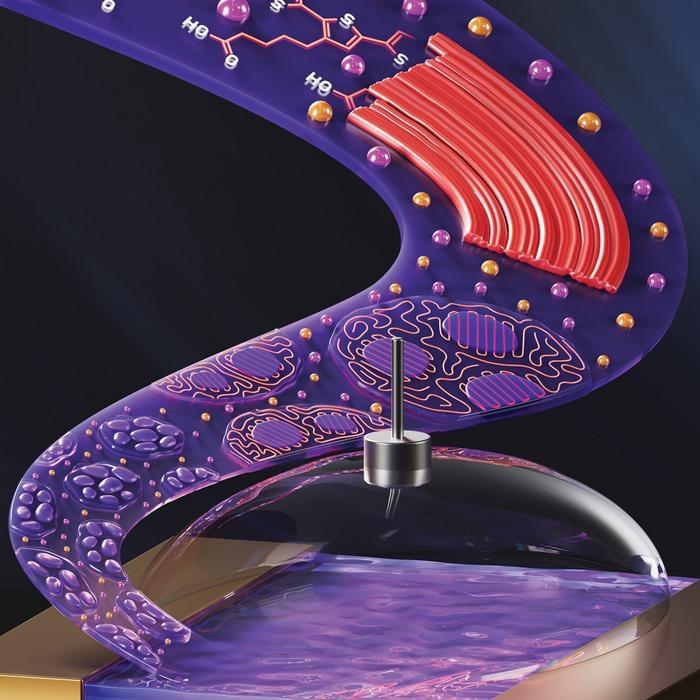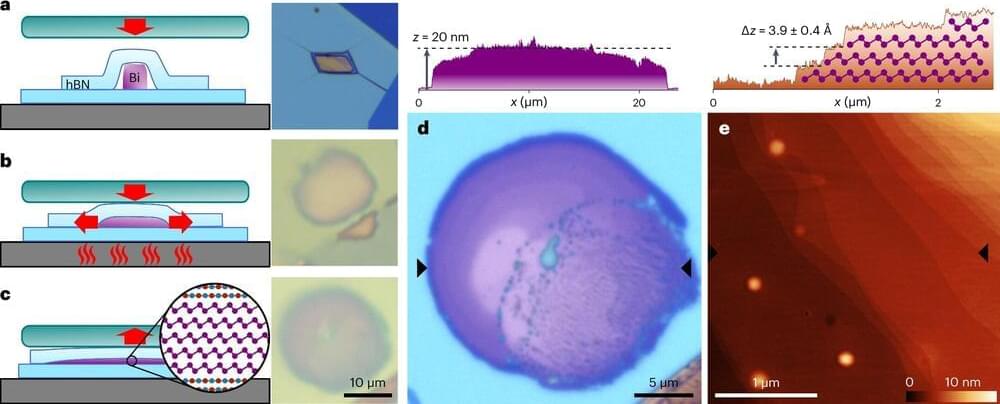While silicon has been the go-to material for sensor applications, could polymer be used as a suitable substitute since silicon has always lacked flexibility to be used in specific applications? This is what a recent grant from the National Science Foundation hopes to address, as Dr. Elsa Reichmanis of Lehigh University was recently awarded $550,000 to investigate how polymers could potentially be used as semiconductors for sensor applications, including Internet of Things, healthcare, and environmental applications.
Illustration of an organic electrochemical transistor that could be developed as a result of this research. (Credit: Illustration by by Ella Marushchenko; Courtesy of Reichmanis Research Group)
“We’ll be creating the polymers that could be the building blocks of future sensors,” said Dr. Reichmanis, who is an Anderson Chair in Chemical Engineering in the Department of Chemical and Biomolecular Engineering at Lehigh University. “The systems we’re looking at have the ability to interact with ions and transport ionic charges, and in the right environment, conduct electronic charges.”






